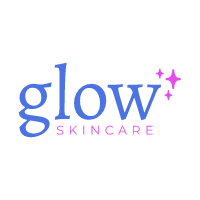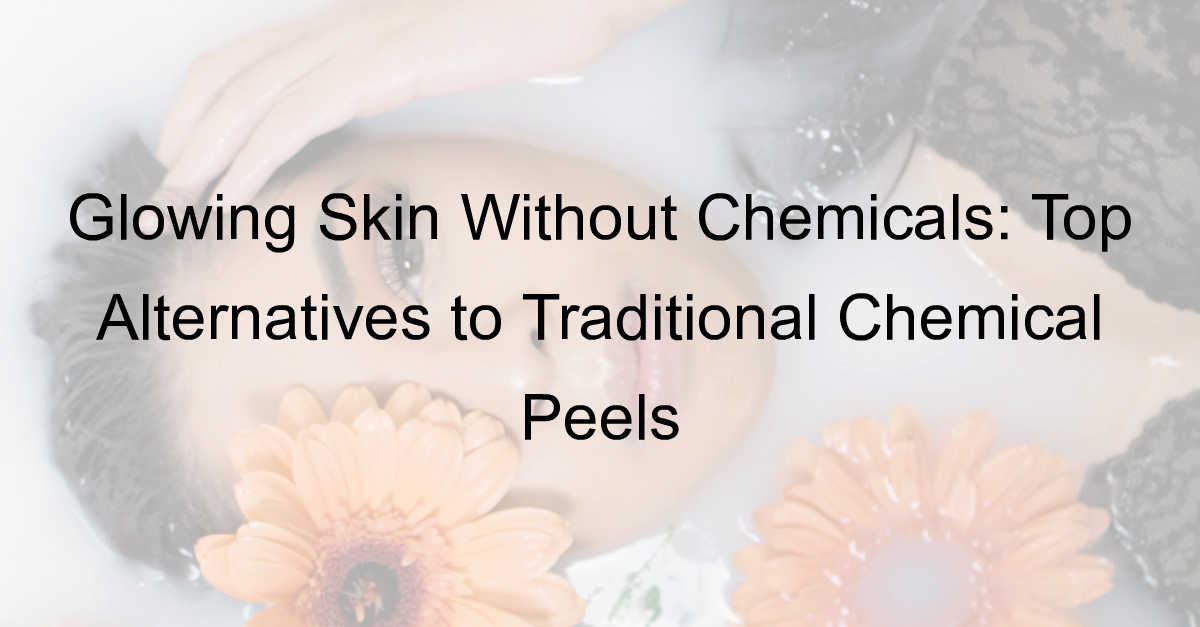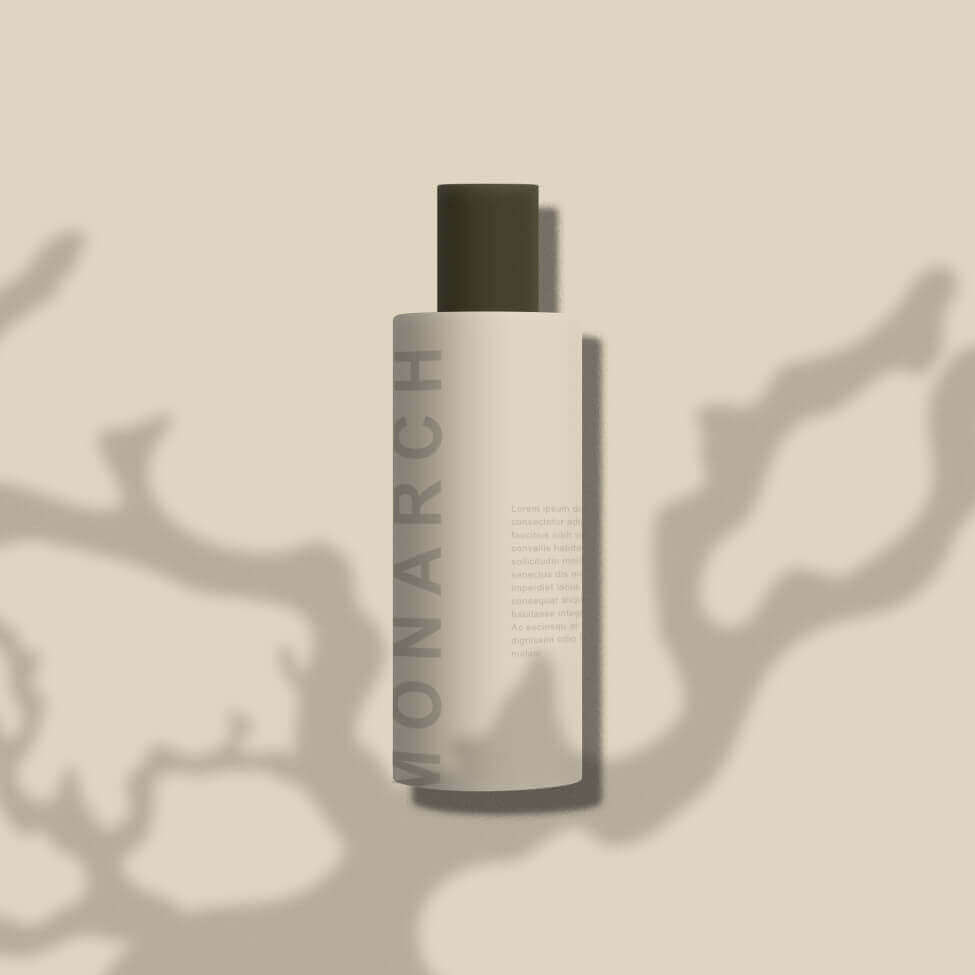Chemical Peel Alternatives
Achieving a radiant complexion does not always require harsh chemical treatments. Today, many seek chemical peel alternatives that utilize natural ingredients to promote healthy skin. These approaches not only enhance your glow but also nourish and revitalize without the risk of irritation. In this article, we explore various innovative methods for achieving glowing skin using gentle, effective practices that can become a part of your daily skin care routine.
Main Points
- Natural exfoliants can provide a gentle alternative to traditional peels.
- Hydrating masks enhance skin moisture while promoting a radiant appearance.
- Effective skin care products with botanical ingredients deliver results without chemicals.
- Establishing a consistent skin care regimen is key to long-lasting healthy skin.
- Professional guidance can help tailor the best practices to individual skin needs.
Natural Exfoliation Techniques: Achieve Radiance Without Harsh Chemicals
Embracing natural exfoliation techniques can transform your skin, revealing a luminous glow that feels both refreshed and revitalized. In a world where skin care products often rely on abrasive chemicals, exploring gentler alternatives can be surprisingly rewarding.
Why Opt for Natural Exfoliation?
Natural methods enhance the skin’s appearance without the risks associated with chemical exfoliants. Here are a few techniques worth considering:
- Brown Sugar Scrub: Mix brown sugar with honey. This combination gently lifts dead skin cells while also moisturizing.
- Oatmeal Masks: Ground oatmeal acts as an exfoliant, soothing and nourishing the skin simultaneously.
- Citrus Peel: The natural acids in citrus fruits can help to break down dead skin, giving a refreshing zest to your routine.
By incorporating these methods, you not only care for your skin but also reduce exposure to potentially harmful substances. Remember, the best skin care products are often those derived from nature. Experiment with these techniques and discover which suits your unique skin needs the best. Radiance shouldn’t come at the cost of your health, after all.
The Benefits of Enzyme Peels: A Gentle Alternative for Glowing Skin
In recent years, the pursuit of radiant skin has seen many explorations into various treatments. Among them, enzyme peels stand out as a gentle yet effective option. Unlike traditional chemical peels, these treatments harness the power of natural fruit enzymes. They exfoliate the skin without the harsh irritation often associated with stronger products.
But what makes enzyme peels truly compelling? Firstly, they cater to a wide range of skin types. Sensitive or acne-prone skin can often react adversely to more rigorous procedures. However, enzyme peels provide a soothing alternative, helping to maintain the skin’s integrity while encouraging renewal. Furthermore, they enhance the efficacy of other best of skin care products by softening the outer layer of the skin.
Comparative Benefits
| Feature | Enzyme Peels | Chemical Peels |
|---|---|---|
| Irritation Level | Low | High |
| Ideal For | All Skin Types | Some Skin Types |
Ultimately, incorporating enzyme peels into your skincare routine may complement the best skin care line. For those seeking a semblance of rejuvenation, these peels may indeed provide the glow that one desires without overwhelming the skin.
Harnessing the Power of Fruit Acids: Effective Organic Solutions for Skin Renewal
The pursuit of radiant skin often leads us to explore various organic solutions. One intriguing option is the use of fruit acids, naturally derived compounds that have gained popularity in the realms of skincare. These acids, particularly alpha and beta hydroxy acids, exfoliate dead skin cells, revealing a fresher complexion beneath.
Understanding the Benefits
When we delve into the world of skin care clinic treatments, we often encounter fruit acids as key ingredients. They help in minimizing fine lines and improving overall skin texture. It’s fascinating how something so simple can yield such remarkable benefits. However, caution is essential. Overuse can lead to irritation or sensitivity. Thus, one should approach with care.
Additionally, integrating these acids into your routine can be transformative. But listen to your skin; not all of us respond the same way. In the heart of face reality skin care, these acids align with artisanship, marrying science with nature. Ultimately, embracing such organic solutions can pave the path toward skin renewal and rejuvenation, if done thoughtfully.
DIY Remedies for Brightening: Home Treatments That Transform Your Complexion
In our quest for a radiant complexion, sometimes the best solutions lie within our home. With a touch of creativity and a few natural ingredients, you can craft effective DIY remedies that brighten your skin. Here are some tried-and-true methods that can rejuvenate your complexion.
Natural Ingredients for Brightening
- Lemon Juice: Known for its acidic properties, lemon juice can help exfoliate dead skin cells, revealing a fresh layer beneath. Mix with honey to enhance hydration.
- Turmeric: This golden spice not only adds flavor but also possesses anti-inflammatory properties. Create a mask with turmeric and yogurt for a vibrant glow.
- Aloe Vera: Renowned for its soothing effects, aloe vera gel can brighten skin and reduce pigmentation over time. Apply it daily for the best results.
However, it’s vital to patch test any treatment first, as some ingredients might irritate sensitive skin. Additionally, consistency matters. Incorporating these remedies into your weekly routine can yield remarkable transformations.
| Ingredient | Benefits |
|---|---|
| Lemon Juice | Exfoliates and brightens skin |
| Turmeric | Reduces inflammation and enhances glow |
| Aloe Vera | Soothes skin and evens tone |
Embrace these natural treatments, and you might just uncover the radiant skin you’ve been searching for.
Integrating Botanical Extracts into Your Skincare Routine: Nature’s Secret to Healthy Skin
In an era where synthetic ingredients dominate, the allure of botanical extracts shines brightly. Imagine harnessing the essence of nature to transform your skincare routine into a nourishing ritual. Incorporating these extracts can seem daunting, yet the benefits are undeniable. They contain potent antioxidants and anti-inflammatory properties that soothe the skin’s deepest layers.
Why Choose Botanical Extracts?
Consider the plethora of options available. For instance, rosehip oil is renowned for its regenerative properties, promoting cell turnover. On the other hand, chamomile extract calms irritated skin, making it ideal for those with sensitivities. You might wonder how to blend these into your existing regimen. Start slowly—add a few drops of your chosen extract to your favorite cream or serum. This method not only enriches your product but also preserves its original integrity.
Along the way, don’t forget to pay attention to your skin’s reactions. Nature often surprises us; what works for one may not work for another. The journey toward healthier skin is unique, much like choosing the right formulations for your needs. Listen to your skin and embrace the wonders of nature.
Conclusion
In conclusion, exploring alternatives to chemical peels opens up a world of possibilities for those seeking refreshed and revitalized skin. While chemical peels have their merits, they might not be suitable for everyone. Fortunately, natural remedies, skincare routines, and advanced technologies offer effective options that can cater to various skin types and concerns. For instance, gentle exfoliation methods and nourishing masks can achieve similar results without the potential side effects of harsher treatments. It’s important to remember that everyone’s skin is unique. Therefore, finding the right approach requires a bit of experimentation and patience. Embracing these alternatives might just lead you to discover a skincare routine that resonates well with you, keeping your skin healthy and glowing without the need for chemical peels. After all, caring for your skin should feel natural and enjoyable.
Frequently Asked Questions
What Are The Alternatives to Chemical Peels?
Alternatives to chemical peels include microdermabrasion, laser resurfacing, and natural exfoliation methods like glycolic acid masks or enzymatic exfoliants.
Are Chemical Peel Alternatives Safe for All Skin Types?
While many alternatives can be safe for various skin types, it’s essential to consult a dermatologist to choose the right treatment based on your individual skin concerns and type.
How Long Do The Results from Alternative Treatments Last?
The longevity of results can vary depending on the treatment and individual skin characteristics. Generally, results can last from a few weeks to several months, but maintenance treatments might be needed for sustained effects.
Can I Do These Alternatives at Home?
Some alternatives, like certain exfoliating masks and scrubs, can be applied at home. However, professional treatments like microdermabrasion and laser resurfacing should be performed by a licensed practitioner for safety and effectiveness.
How Do The Costs Compare Between Chemical Peels and Their Alternatives?
Costs can vary widely depending on the type of treatment and the provider. Generally, at-home alternatives can be more affordable, while professional treatments like laser resurfacing may be more expensive than chemical peels.







